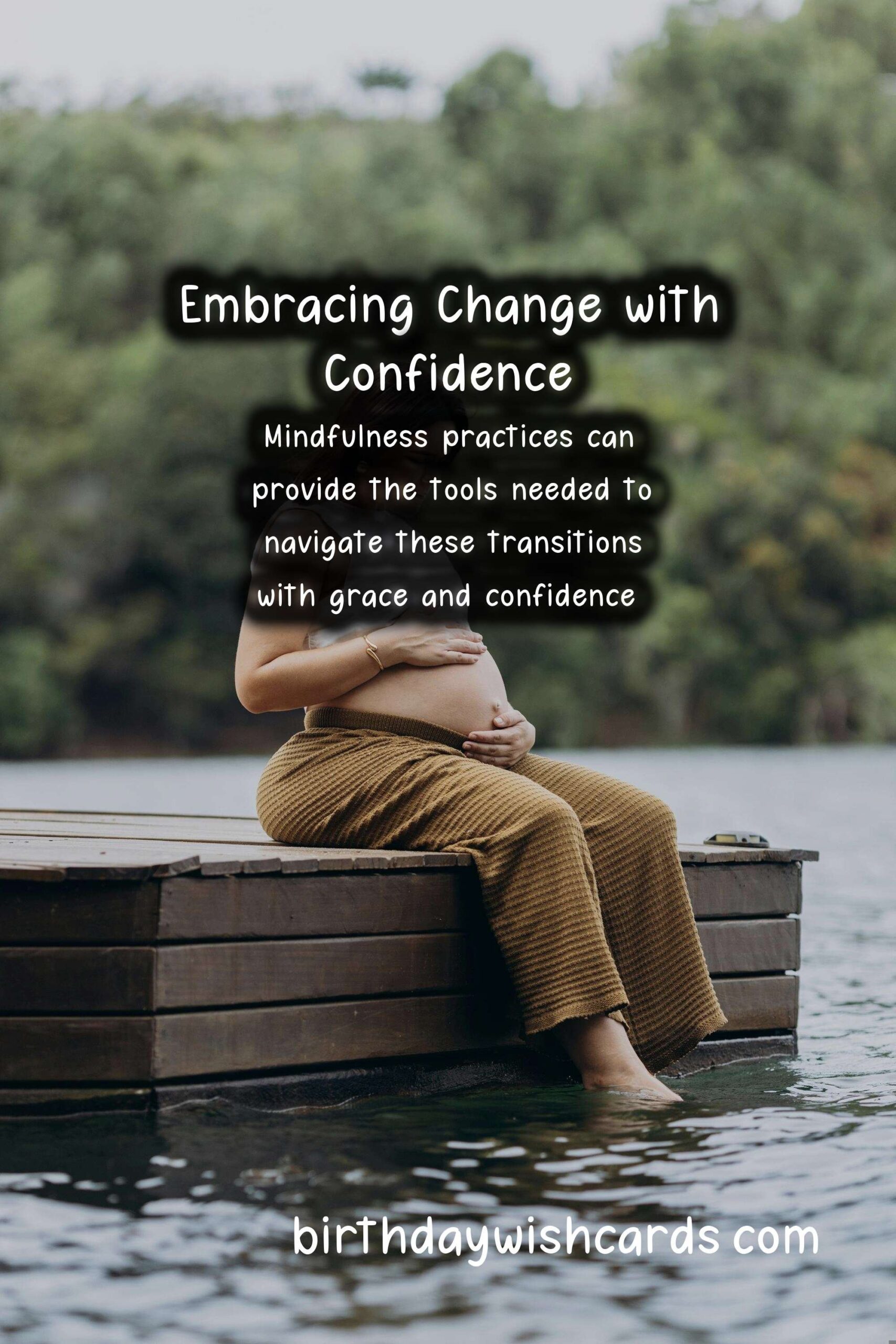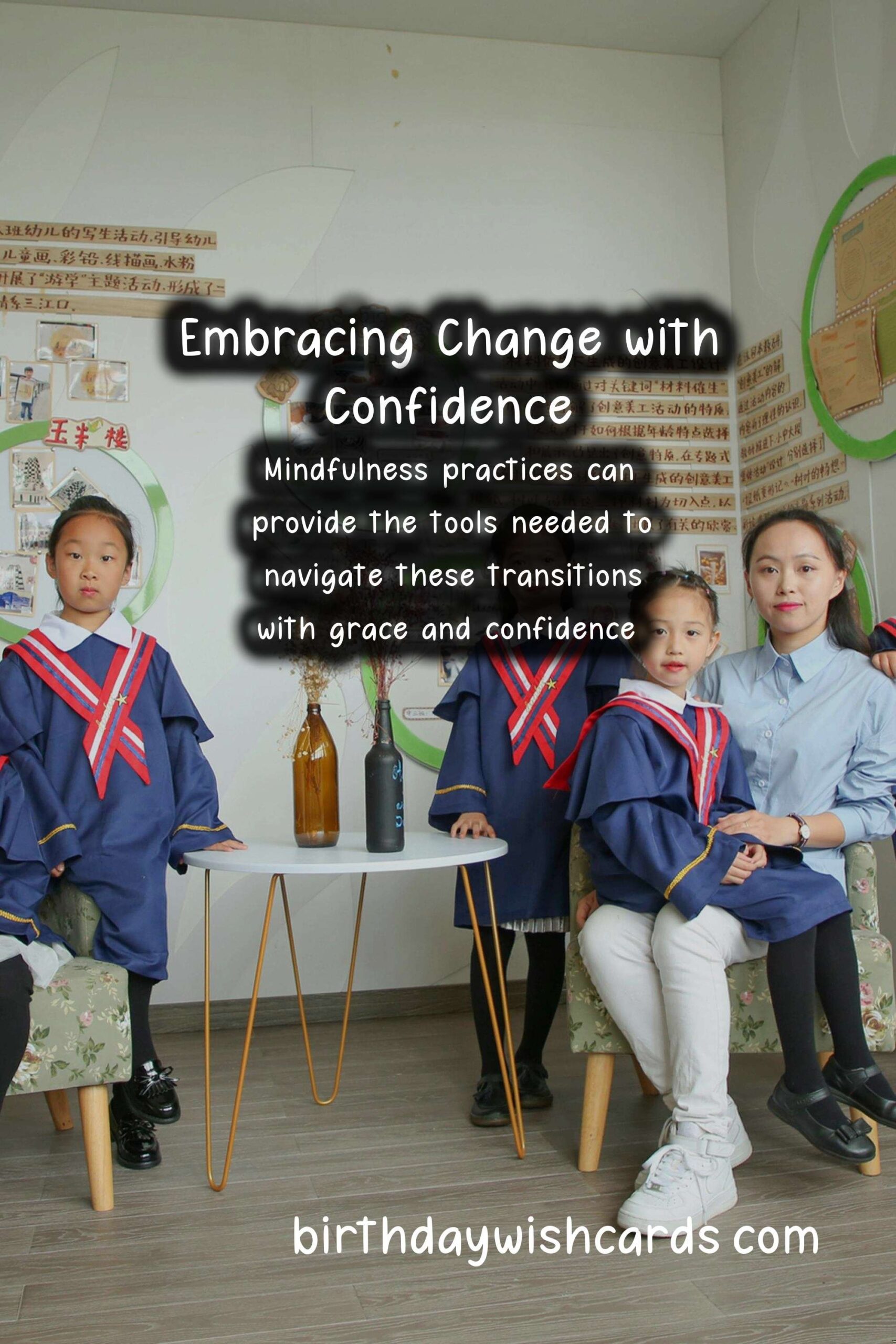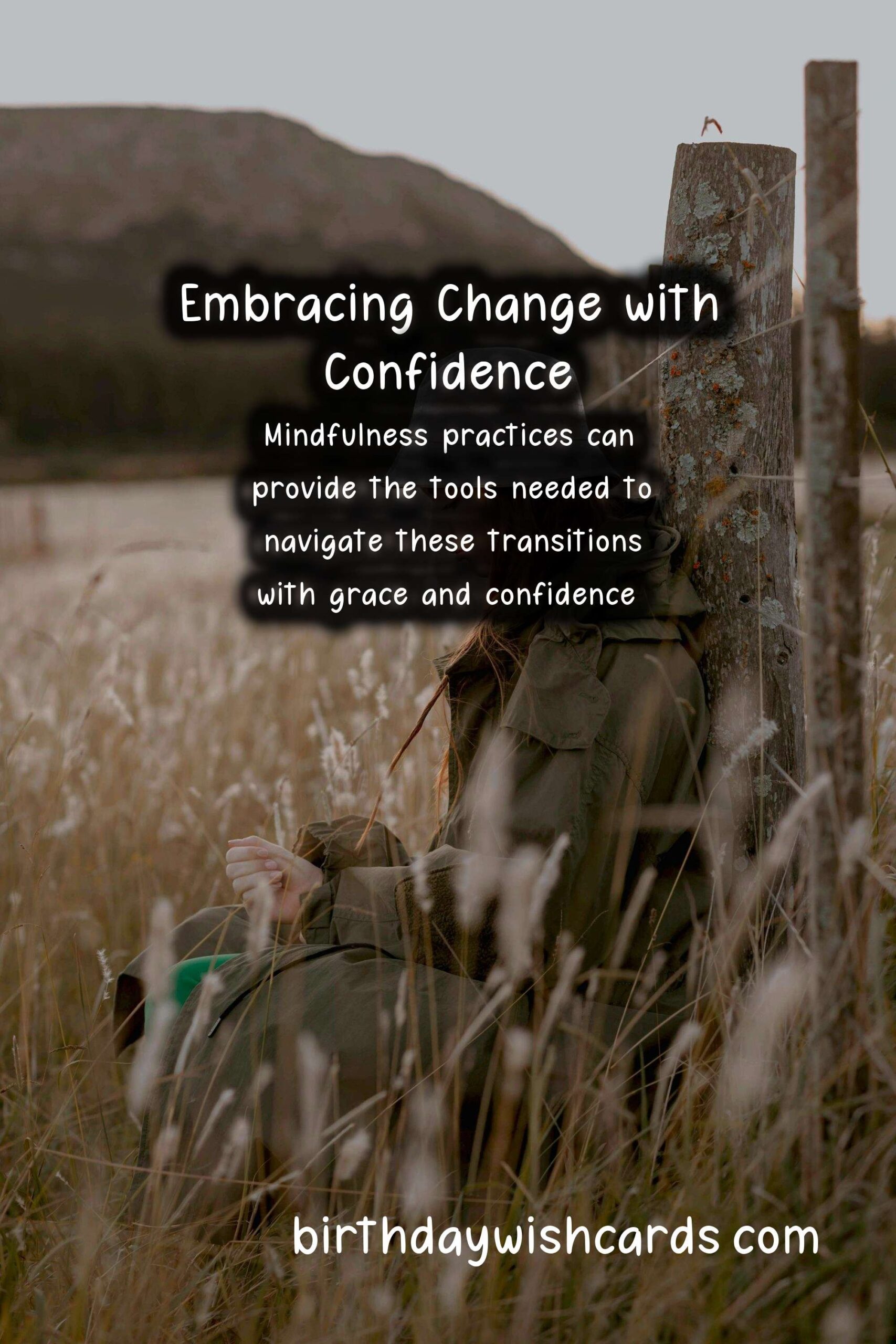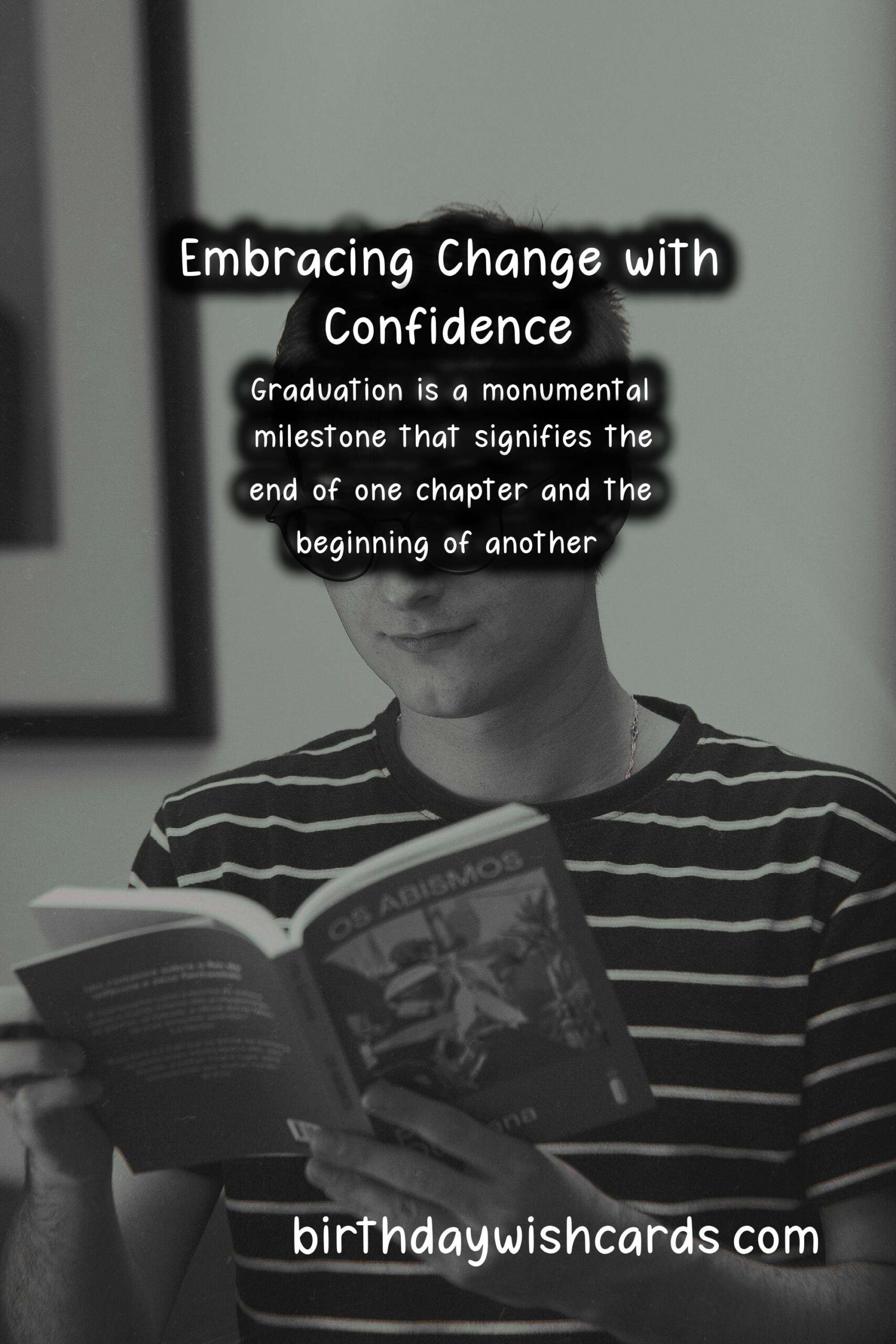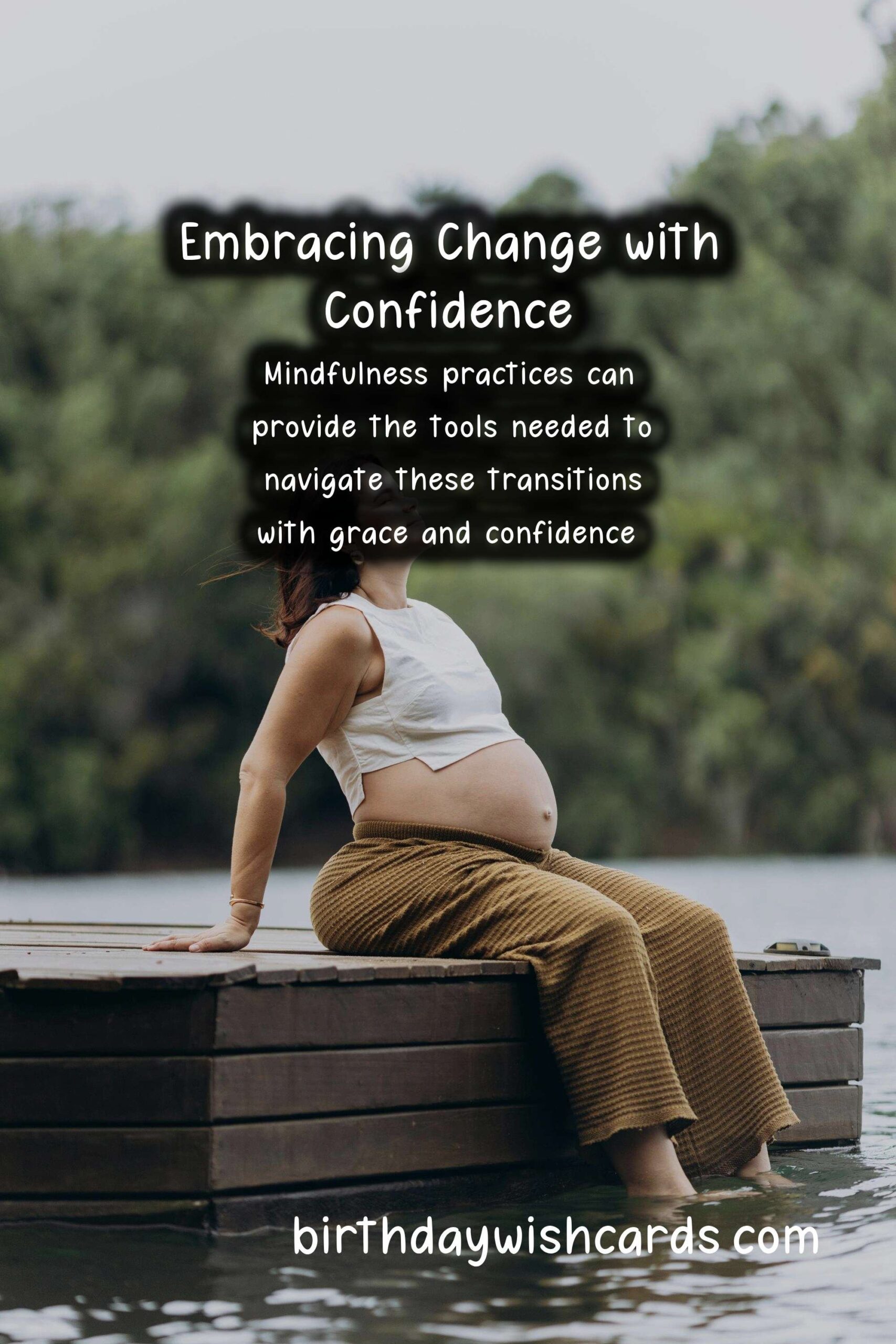
Graduation is a monumental milestone that signifies the end of one chapter and the beginning of another. As students step into the world beyond academia, they often face pressures and uncertainties that can lead to anxiety. Mindfulness practices can provide the tools needed to navigate these transitions with grace and confidence.
Understanding Mindfulness
At its core, mindfulness is the practice of being present in the moment, aware of your thoughts and feelings without judgment. This awareness can help graduates manage their emotions and the stress that comes with major life changes. By honing this skill, individuals can cultivate resilience and adaptability.
The Benefits of Mindfulness for Graduates
1. Reduces Anxiety: Mindfulness has been shown to lower anxiety levels, allowing graduates to face the unknown with a clearer mindset.
2. Improves Focus: Graduating often involves planning for jobs, further education, or other paths. Mindfulness enhances concentration, making tasks feel manageable.
3. Increases Emotional Intelligence: Understanding one’s emotions leads to better interactions and relationships in the workplace.’);
4. Enhances Decision Making: Mindfulness helps graduates make informed decisions, reducing impulsivity.
Simple Mindfulness Practices for Graduates
Implementing mindfulness into daily life doesn’t have to be complicated. Here are some simple practices to get started:
1. Mindful Breathing
Find a quiet space, close your eyes, and focus on your breath. Take deep inhales through the nose and exhales through the mouth. This practice can be done for a few minutes each day to help center your thoughts.
2. Gratitude Journaling
Every evening, write down three things you are grateful for. This encourages a positive mindset and helps shift focus from anxiety to appreciation.
3. Body Scan
Lie down comfortably and mentally scan your body from head to toe. Notice any tension or discomfort and take deep breaths to release it. This practice fosters relaxation.
4. Nature Walks
Spend time outdoors. Pay attention to the trees, sounds, and your breathing. Nature can be incredibly grounding and restorative.
Incorporating Mindfulness into Graduation Activities
Graduation day can be overwhelming. Here’s how to weave mindfulness into the celebration:
Mindful Attire Choices
Choose an outfit that makes you feel comfortable and confident. Pay attention to how the fabric feels against your skin as you dress.
Set Intentions for the Day
Before the ceremony, take a moment to set your intentions. What do you hope to feel or achieve? This can guide your focus throughout the event.
Grounding Techniques
If feelings of anxiety arise, use grounding techniques such as focusing on your surroundings, feeling the ground beneath your feet, or taking deliberate breaths.
Post-Graduation Mindfulness
After graduation, the journey continues. Here’s how mindfulness can support future endeavors:
Job Search Tips
A mindful approach to the job search can relieve stress. Break the process into manageable tasks and celebrate small victories along the way.
Networking Mindfully
When attending events, practice active listening. Rather than worrying about what to say next, focus entirely on the person speaking.
Pursuing Further Education
If further studies are on the horizon, mindfulness can keep you grounded during the rigorous academic journey. Utilize meditation and reflection as study aids.
Conclusion
As graduation approaches, embracing mindfulness can transform anxiety into an opportunity for growth and clarity. Whether it’s through breathing exercises, gratitude journaling, or mindful interactions, graduates can cultivate a practice that serves them well beyond this pivotal moment. By choosing to remain present and aware, graduates can navigate this exciting new journey filled with confidence and anticipation.
Graduation is a monumental milestone that signifies the end of one chapter and the beginning of another. Mindfulness practices can provide the tools needed to navigate these transitions with grace and confidence. 
